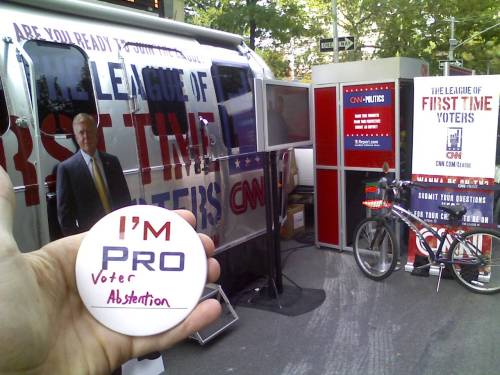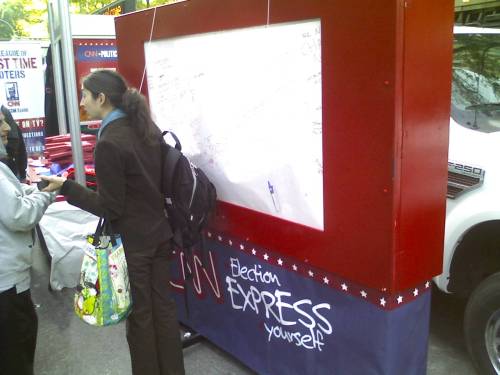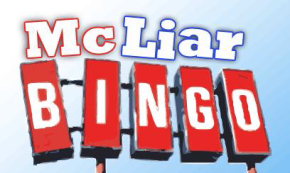So, the spectacular fall of the Tribune Company is clearly more than the decline of one company – it is the most visible symbol of the tanking print media industry that is swept up in systemic changes that have destroyed business models and jobs nationwide.
For the activist PR person, it also signals a need for innovation. It’s no longer enough to bang out press releases to the AP and hope for the best; even trying to ‘be the media’ is getting tired since everybody is going to be the media soon – for example, Indymedia centers no longer serve the same function when self publishing software means that anyone can be their own media outside of the framework provided by IMCs.
One of the first casualties will be the decline of ‘publicity’ as such – without big-bore media outlets running the news cycle, the sphere of public discourse will become more fragmented and less accessible. Organizers and media people will need to think more in depth about their targets, whose support the targets need, and how to influence those supporters via the specific media channels. I think one point of attack will be via industry conferences, publications and message boards (check Officer.com, a message board for cops for an example). In a way, attacking via these forums will be like a new office-takeover, targeted at a company and its peers/competitors as a way to put on economic pressure.
















